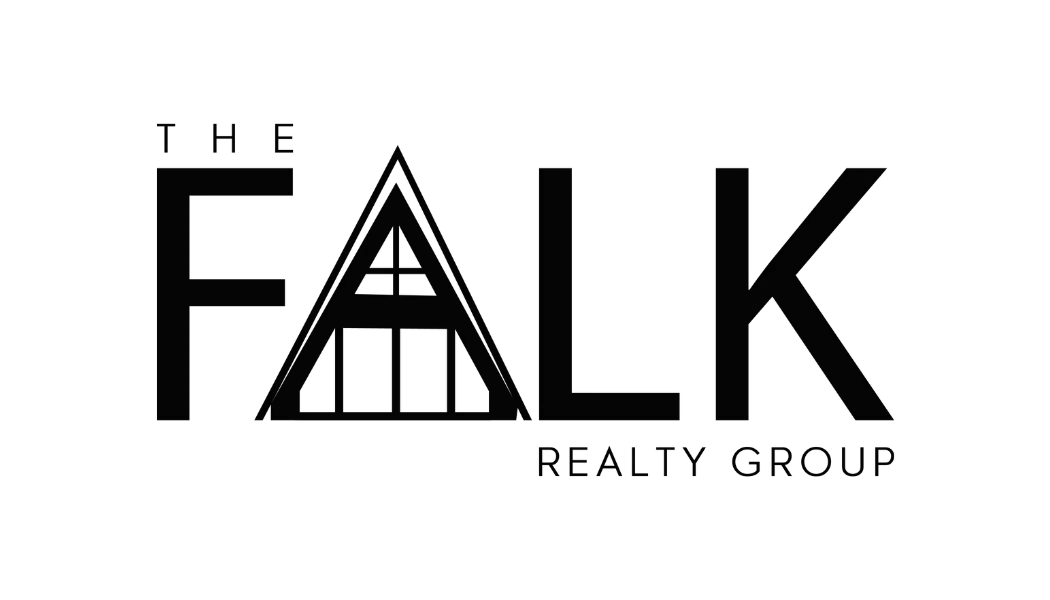What Are Closing Costs?
What Are Closing Costs?
A Comprehensive Guide for Ontario Homebuyers
You’ve navigated the home-buying journey, your offer has been accepted, and your loan is approved. You’re ready to move into your dream home—but before you get the keys, there’s one final step: the closing.
Also known as the settlement, the closing is where ownership of the property officially transfers from the seller to you.
It’s a momentous occasion, but it can also be overwhelming, especially when it comes to understanding closing costs. Let’s demystify these fees to help you feel prepared and confident.
What Are Closing Costs?
Closing costs encompass a variety of fees required to complete the home-buying process. These costs typically cover lender services, property-related expenses, and government-imposed charges.
While many buyers simply pay these fees without fully understanding them, becoming familiar with closing costs can help you budget effectively and avoid surprises.
Common Closing Costs Explained
Here’s a breakdown of the most common closing costs in Ontario and what they cover:
1. Appraisal Fee
The appraisal fee pays for a professional assessment of the home’s value. This ensures that the property’s price aligns with its market value, protecting both you and the lender. Many buyers pay this fee upfront during the loan application process.
2. Credit Report Fee
Lenders require your credit report to evaluate your financial history. If not paid earlier in the process, this fee may appear as part of your closing costs.
3. Loan Origination Fee
This fee compensates the lender for processing your mortgage. It’s typically a percentage of the total loan amount—usually around 1%.
4. Title Insurance and Fees
Title-related costs include:
Title Search:
Ensures the property has no legal claims or liens.
Title Insurance:
Protects you and the lender from disputes over property ownership.
Document Preparation Fees:
Covers the cost of preparing and registering title documents.
5. Mortgage Insurance Premium (if applicable)
If your down payment is less than 20%, lenders usually require mortgage default insurance (commonly known as CMHC insurance in Canada). The premium is added to your loan, but an initial installment may be collected at closing.
6. Prepaid Interest
This fee covers the interest from your closing date to the start of your first mortgage payment. For example, buying a home earlier in the month means a higher prepaid interest fee compared to purchasing later in the month.
7. Property Taxes and Insurance Prepayments
In some cases, lenders establish a settlement account (escrow) to prepay property taxes and homeowner’s insurance. Expect to pay:
One year of homeowner’s insurance upfront, plus a two-month cushion.
Property taxes for the remainder of the year, plus an additional buffer.
8. Land Transfer Tax
In Ontario, buyers pay a land transfer tax based on the home’s purchase price. First-time buyers may qualify for a rebate of up to $4,000, reducing this cost.
9. Recording Fees and Transfer Taxes
These fees are charged for registering the property transfer with local authorities. They ensure the legal transfer of ownership is recorded.
10. Legal Fees
A real estate lawyer is essential for handling contracts, conducting title searches, and ensuring all documents are properly executed. Their fees are part of your closing costs.
Can Closing Costs Be Negotiated?
While some fees are non-negotiable, you may be able to reduce your financial burden in these ways:
Request Seller Contributions: During negotiations, ask if the seller is willing to cover a portion—or all—of the closing costs.
Shop Around for Services: Compare rates for services like title insurance, appraisals, and legal representation.
Time Your Closing Date: Closing later in the month reduces prepaid interest charges.
How Much Are Closing Costs in Ontario?
Closing costs typically range between 1.5% and 4% of the home’s purchase price. For example, on a $500,000 home, you might pay between $7,500 and $20,000 in closing costs.
FAQs About Closing Costs
Q: Can I roll closing costs into my mortgage?
A: In Canada, closing costs are generally paid upfront. However, some lenders may allow you to include certain costs in your mortgage.
Q: What is the land transfer tax rebate for first-time buyers?
A: First-time buyers in Ontario can receive up to $4,000 to offset their land transfer tax, reducing or eliminating this cost depending on the home price.
Q: Are closing costs the same for all buyers?
A: No. Closing costs vary based on factors such as the property’s location, purchase price, and the type of mortgage you choose.
Q: Are home inspections part of closing costs?
A: No. Home inspections are usually paid upfront during the offer process and aren’t included in closing costs.
Q: When are closing costs due?
A: Closing costs are typically paid on the day of closing when the title transfers to you.
Final Thoughts
Closing costs are a crucial part of the home-buying process. By understanding what these fees cover and how to budget for them, you can approach closing day with confidence and peace of mind.
Have questions or need assistance with your home purchase? Contact us today for expert advice tailored to your unique needs!
Whether you're looking to buy in Brantford, Burlington, Caledonia, Guelph, Halton Hills, Hamilton, Kitchener, Lincoln, Milton, Mississauga, Niagara Falls, Niagara-On-The-Lake (NOTL), Oakville, St. Catharines, Toronto, Waterdown, Waterloo or anywhere in between, searching for a home can be extremely time consuming and strenuous. Working with our professionals will save you time, energy and stress!




